A blank page is where the craft of design begins. Every page, spread, volume and book in “Master Pages” [“Páginas Mestras” in the original Portuguese language] becomes a narrative that combines Typography, Illustration, Art Direction, Data Visualization, Visual Storytelling, and Cultural Heritage interpretations. These are the “master pages” where design narratives are brought to life, produced by students aspiring to the roles of design masters.
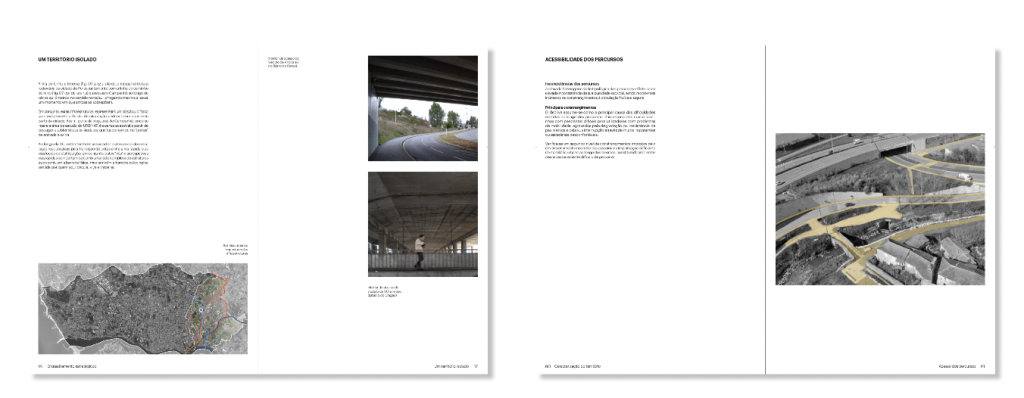
This exhibition shows how design-based research may be used to address significant social concerns. Books, newspapers, and posters representing a variety of cultural and social themes and design legacies are among the artifacts on exhibit.
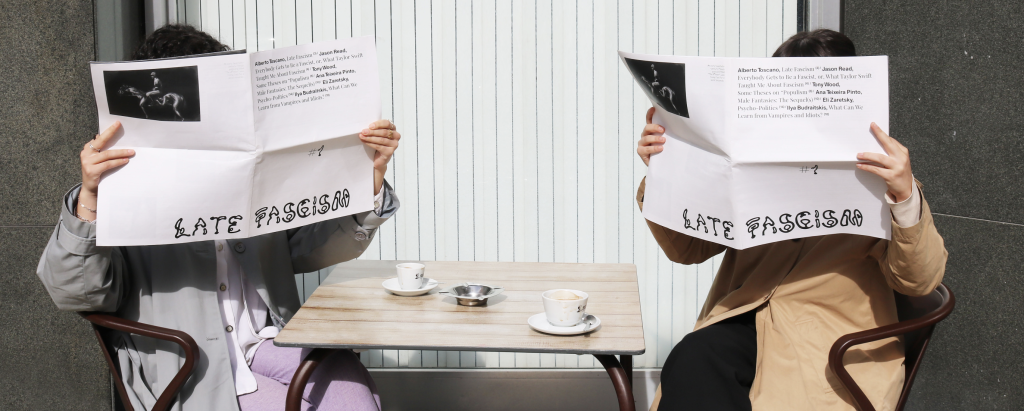
Students examine statements from visual journeys that capture individual and collective regions that rescue and archive various interpretations of what might be considered cultural heritage through the pieces on display.
The first section of the exhibition features some of the work that students individually and in large groups developed within the first year of the study cycle’s curriculum units in collaboration with teachers. It highlights the potential and particularities of the master’s degree with the explicit goal of motivating, engaging, and communicating.
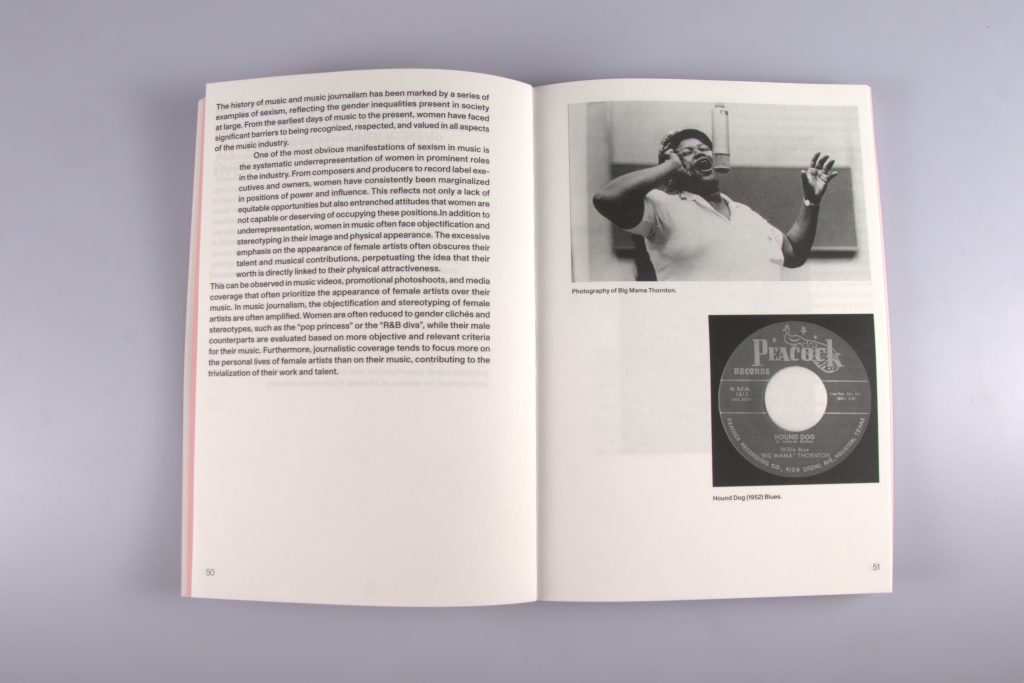
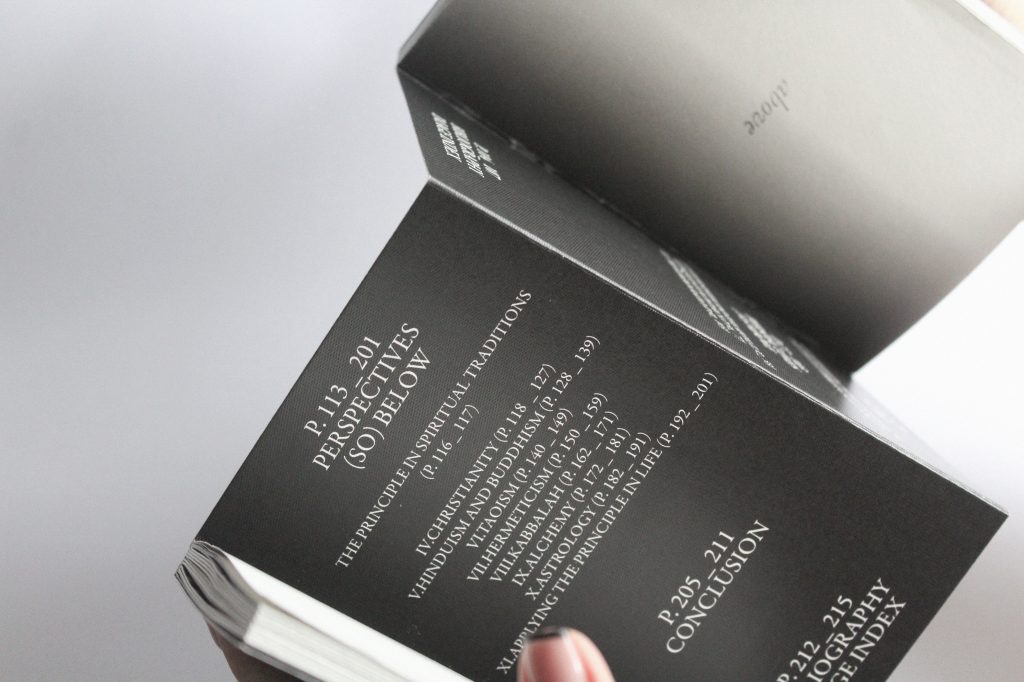
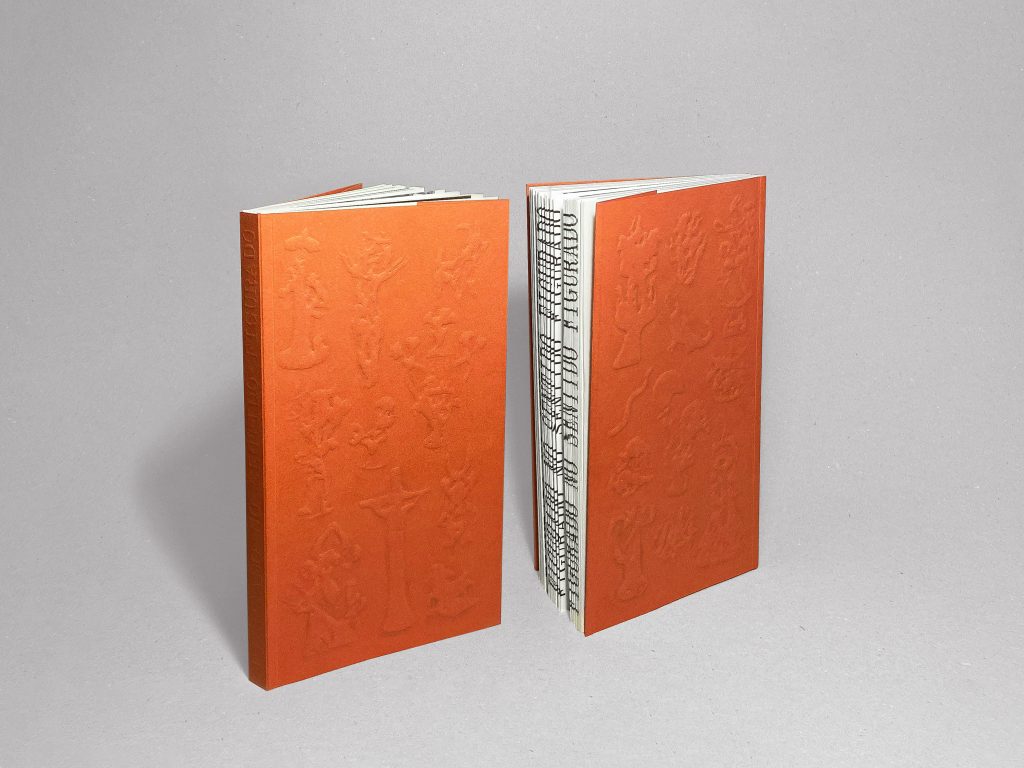
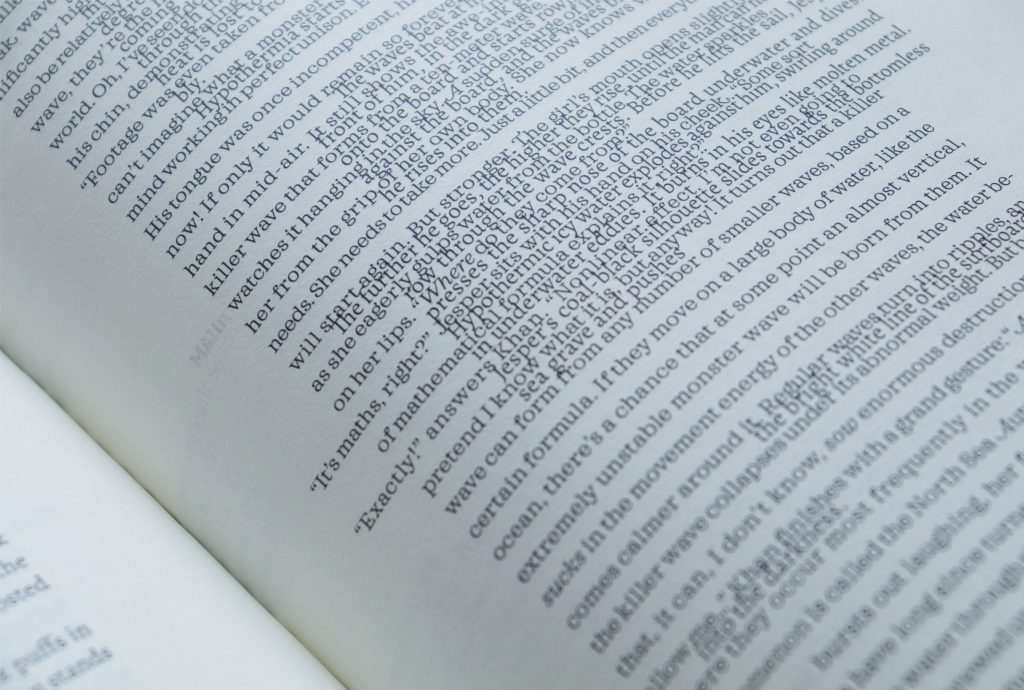
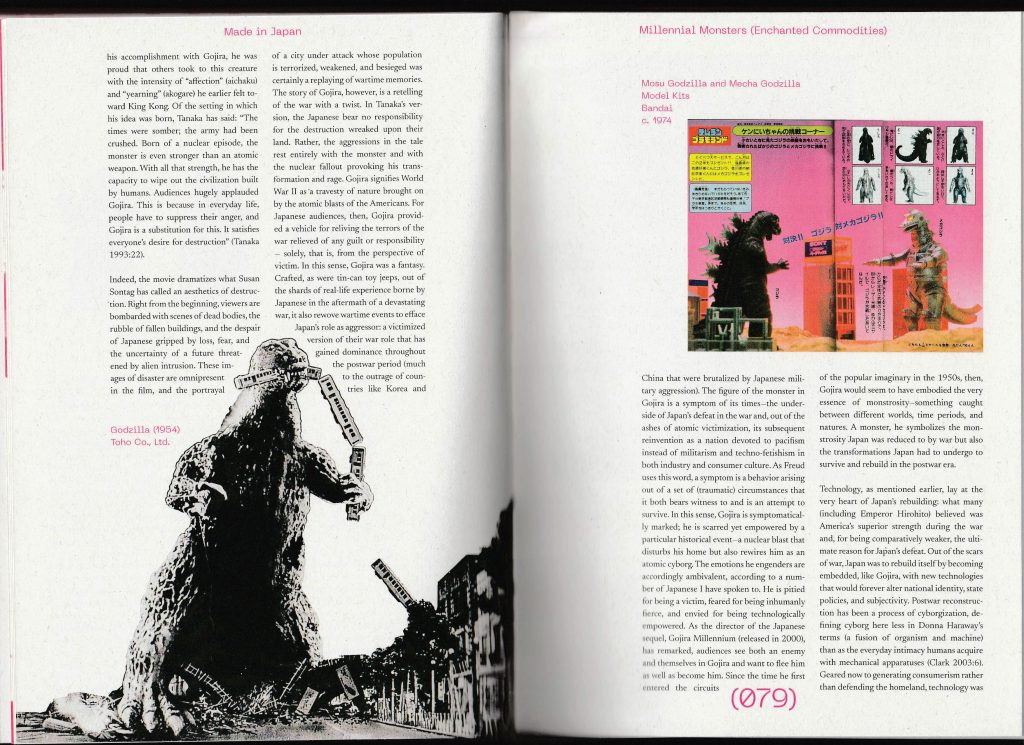
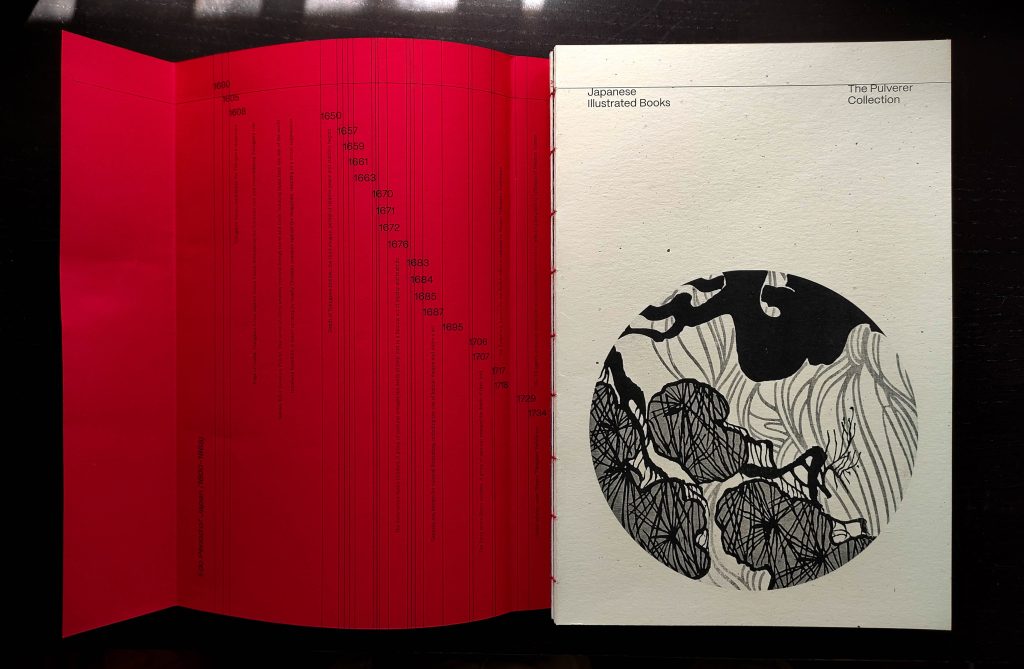
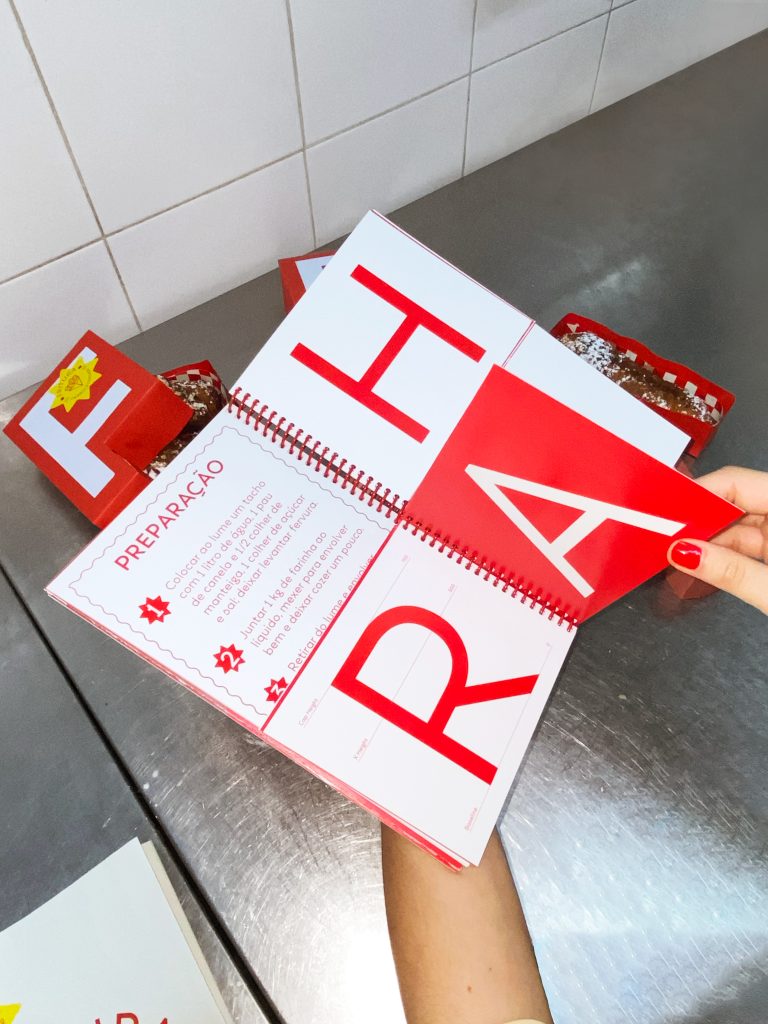
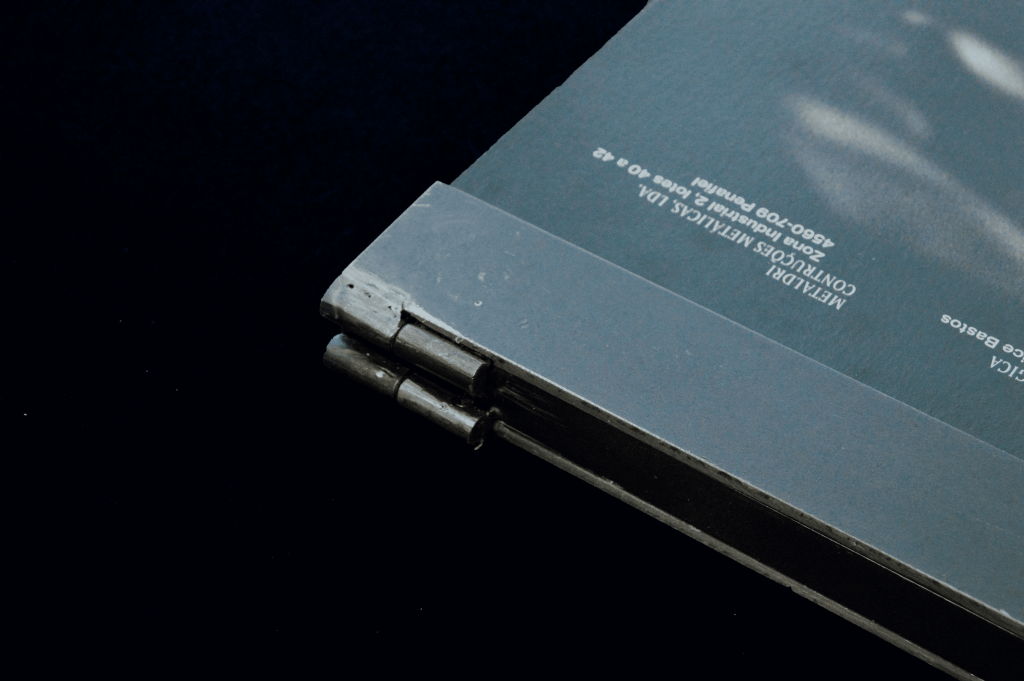
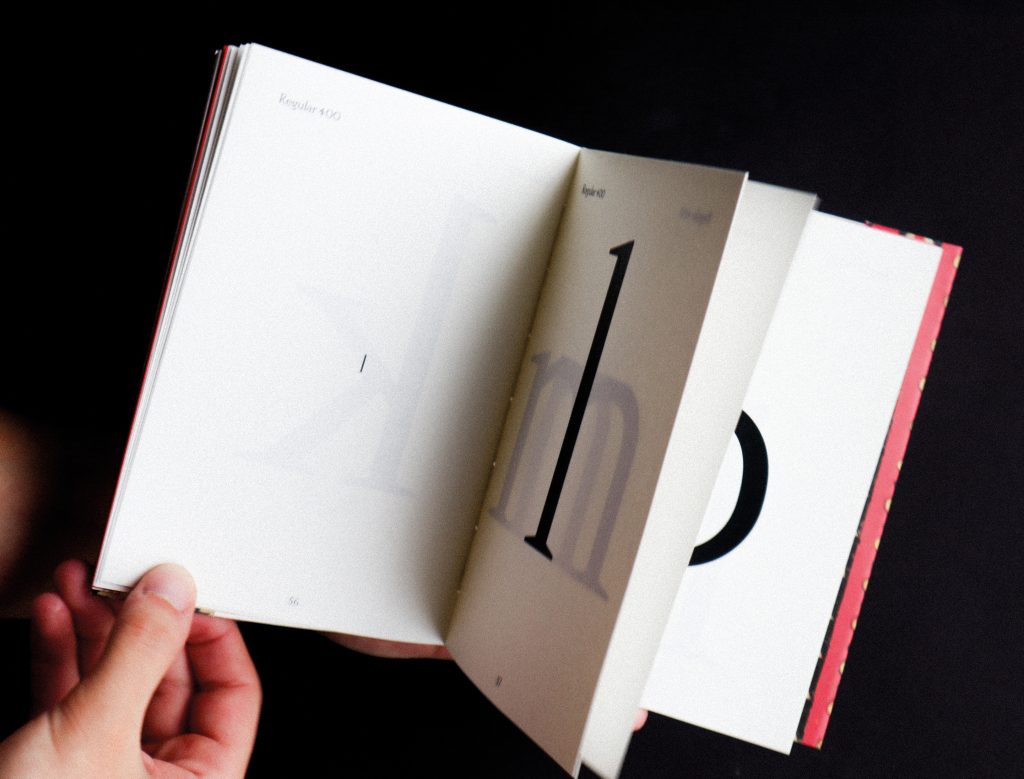
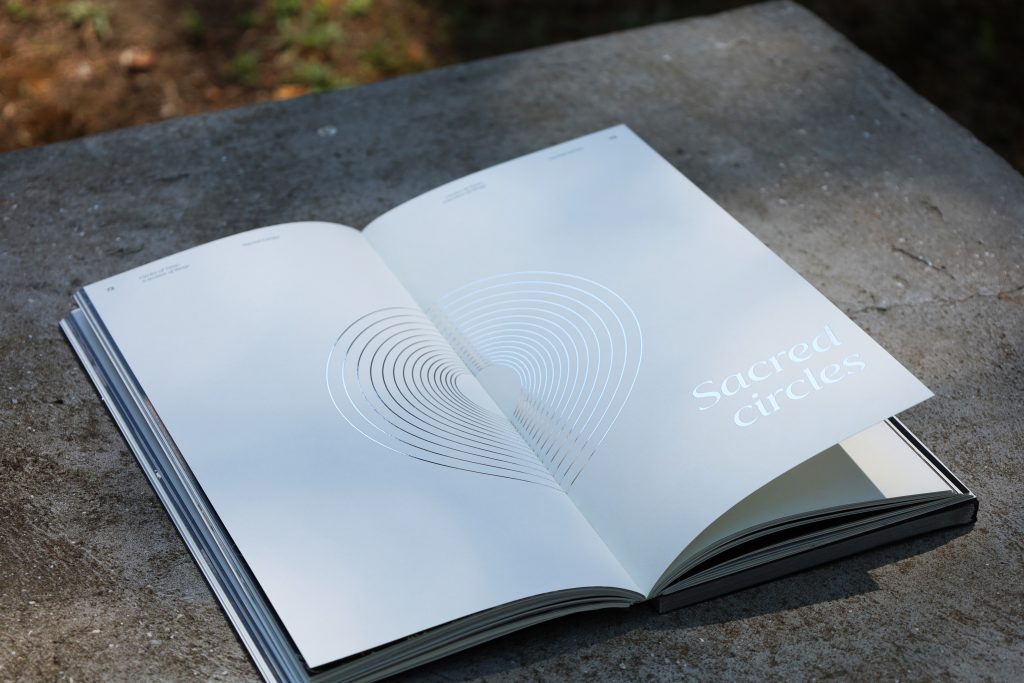
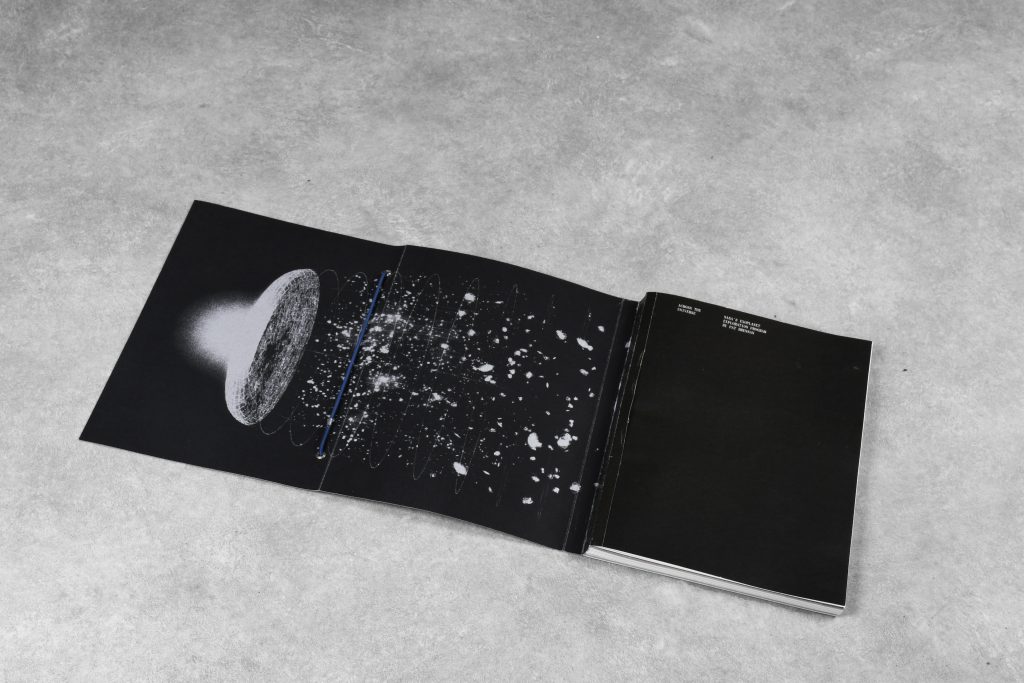
Ana Leite, Filipa Moreira, Inês Rompante, Joana Moreira, Rita Vieira’s 1st-year editorial/data visualization project
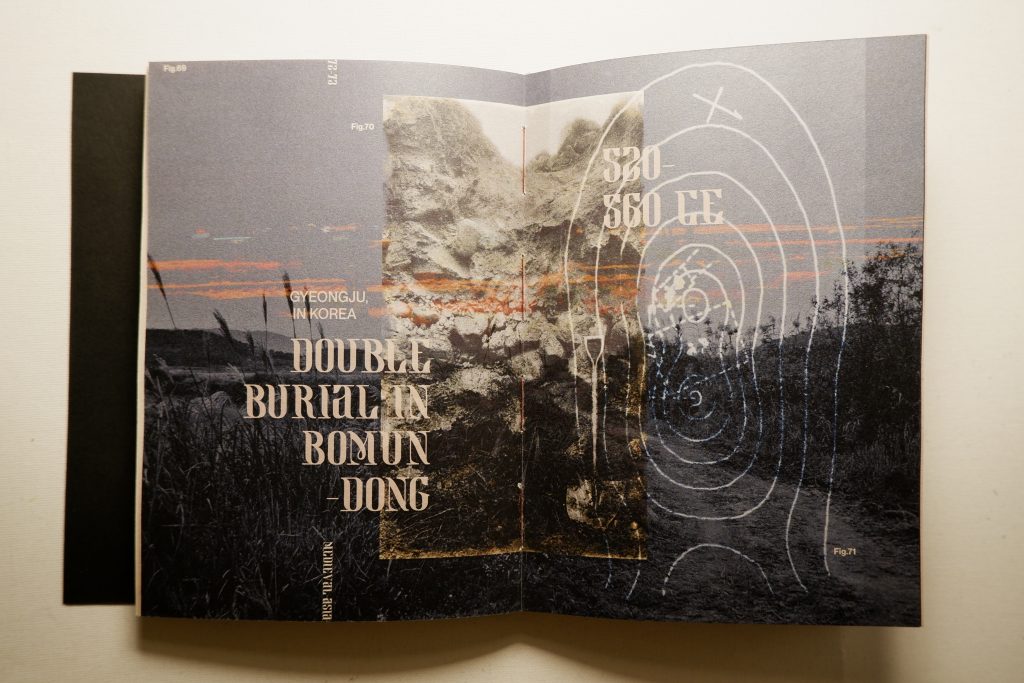
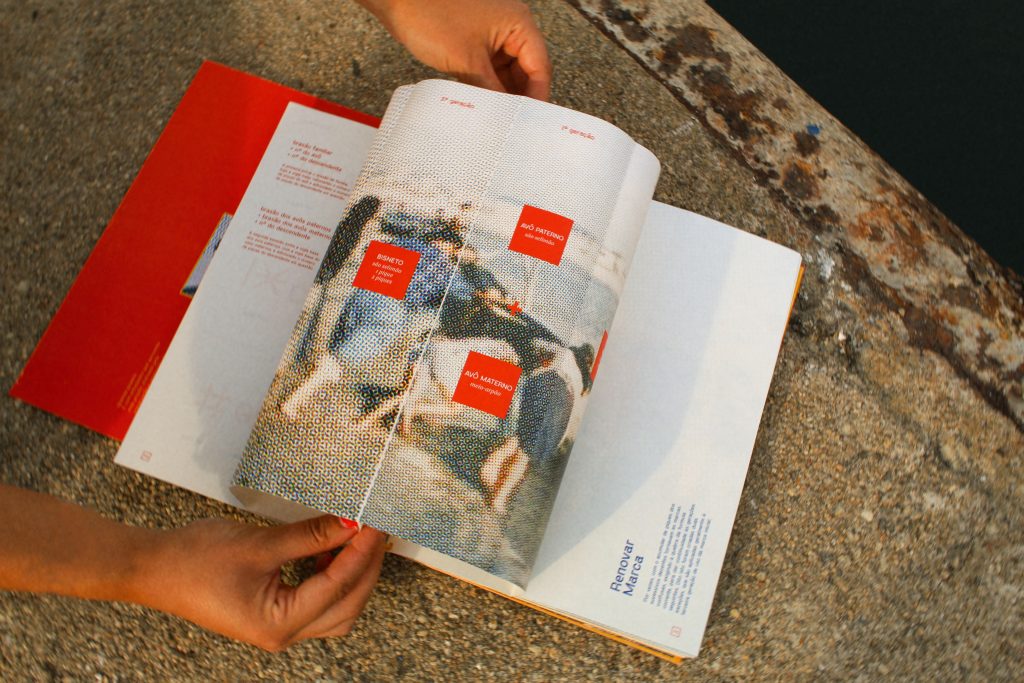

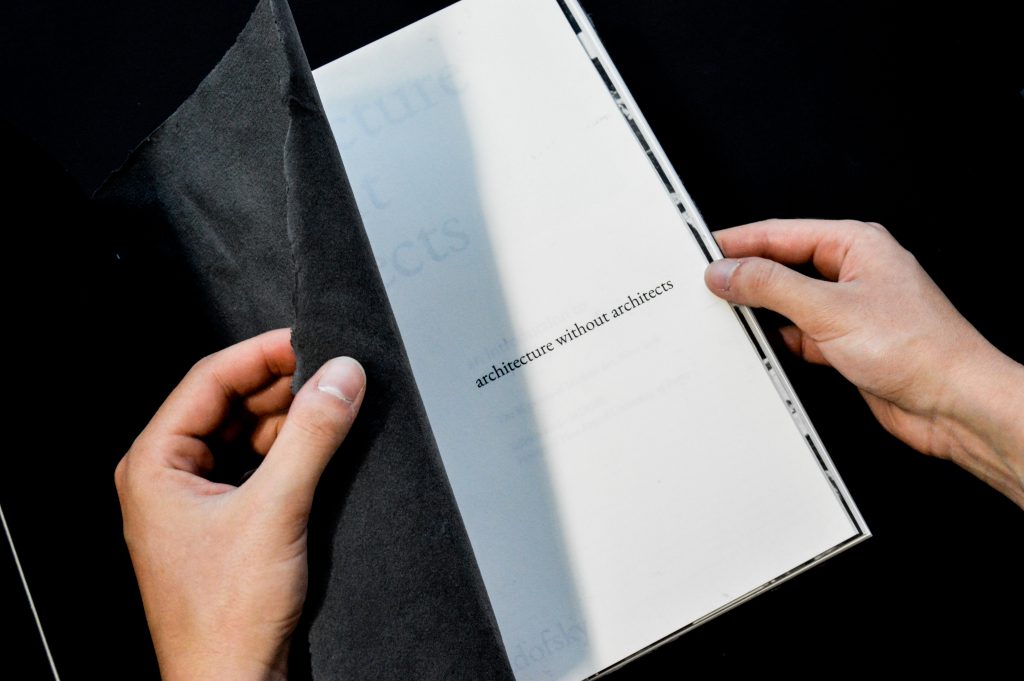

In a second section, a poster summarizing, emphasizing, and graphically distributing the unique contribution of every student and guidance team is displayed together with some of the research projects that are awaiting public exams of students in the second year of the study cycle.

The stories that these books, journals, posters, and games are based on are examined in the works that are displayed in both sections. And alternatively, through other design objects or experiences, like interactive and digital interfaces; the merging of digital and analog media; the redesign of brands and their design methodology; the reformulation of cultural artifacts, narrative legacies, design education, and the corresponding instructional manuals.

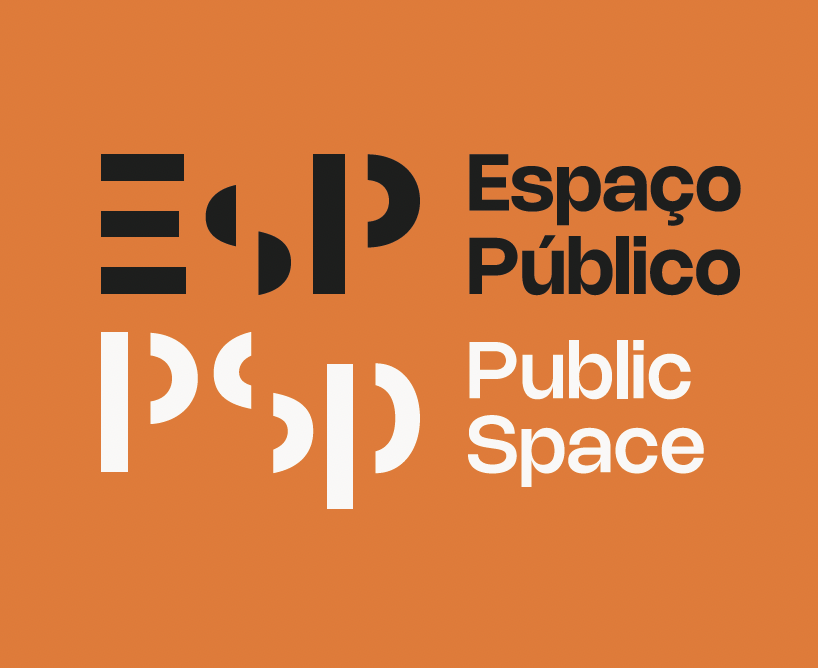
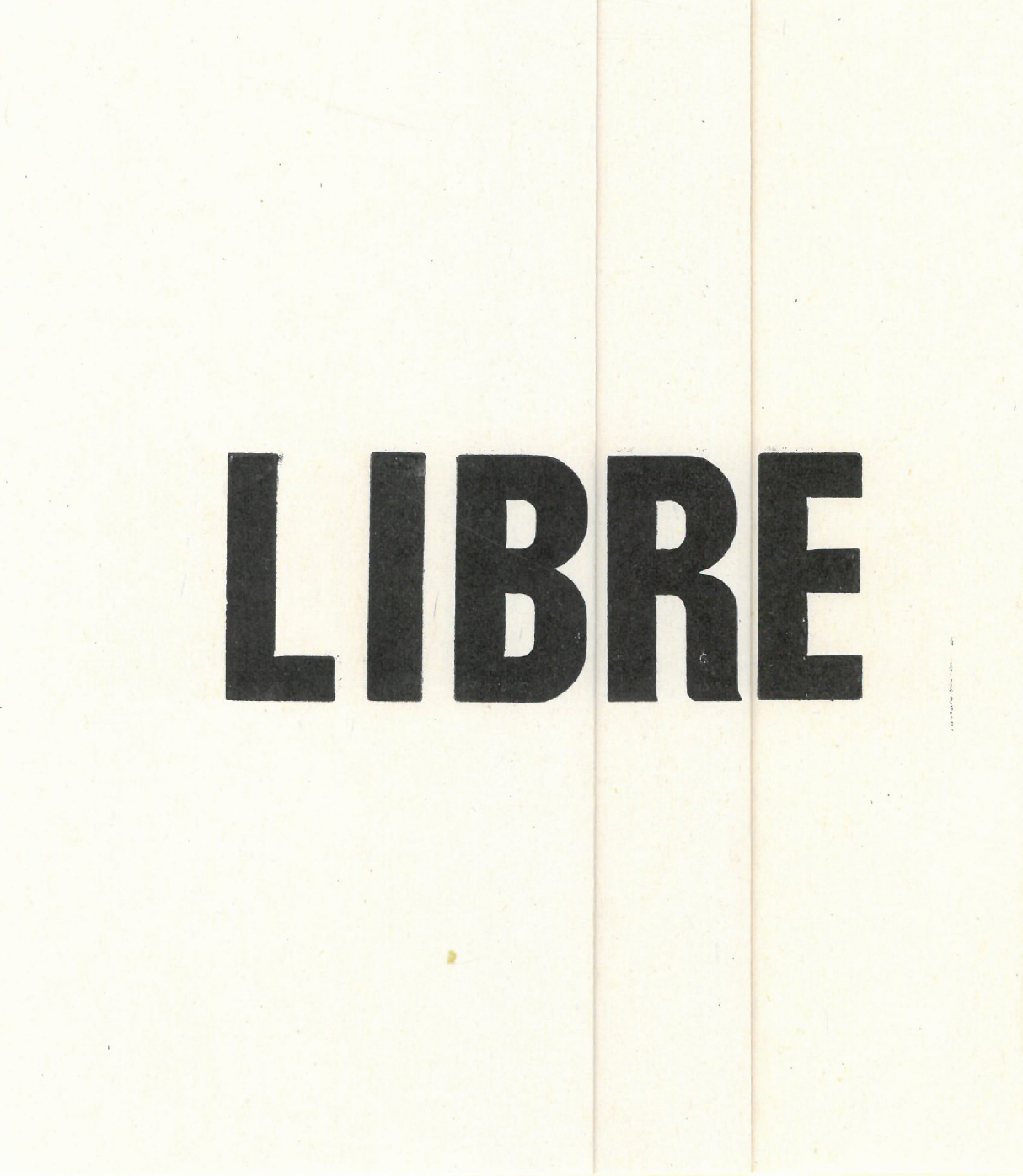
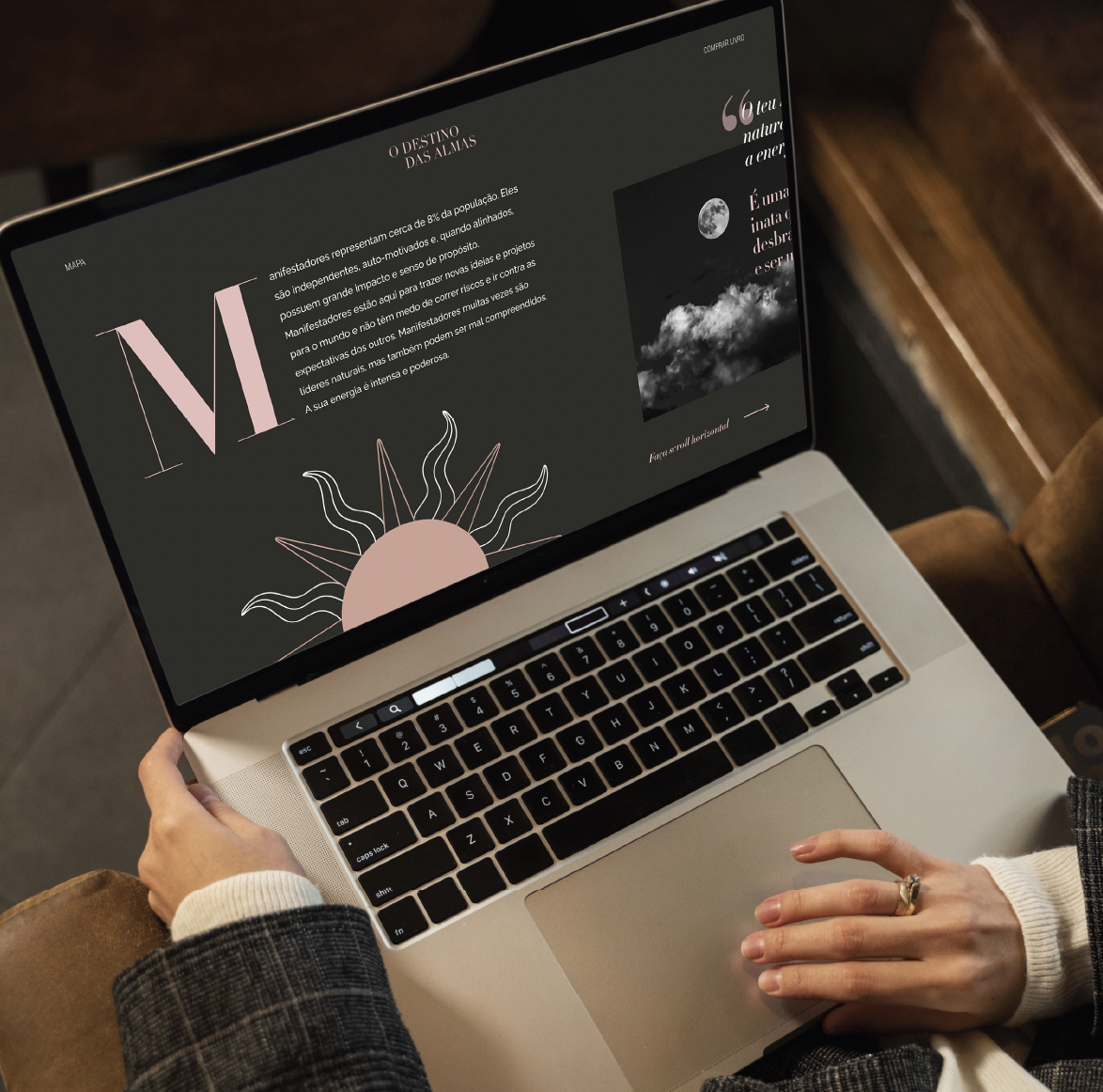
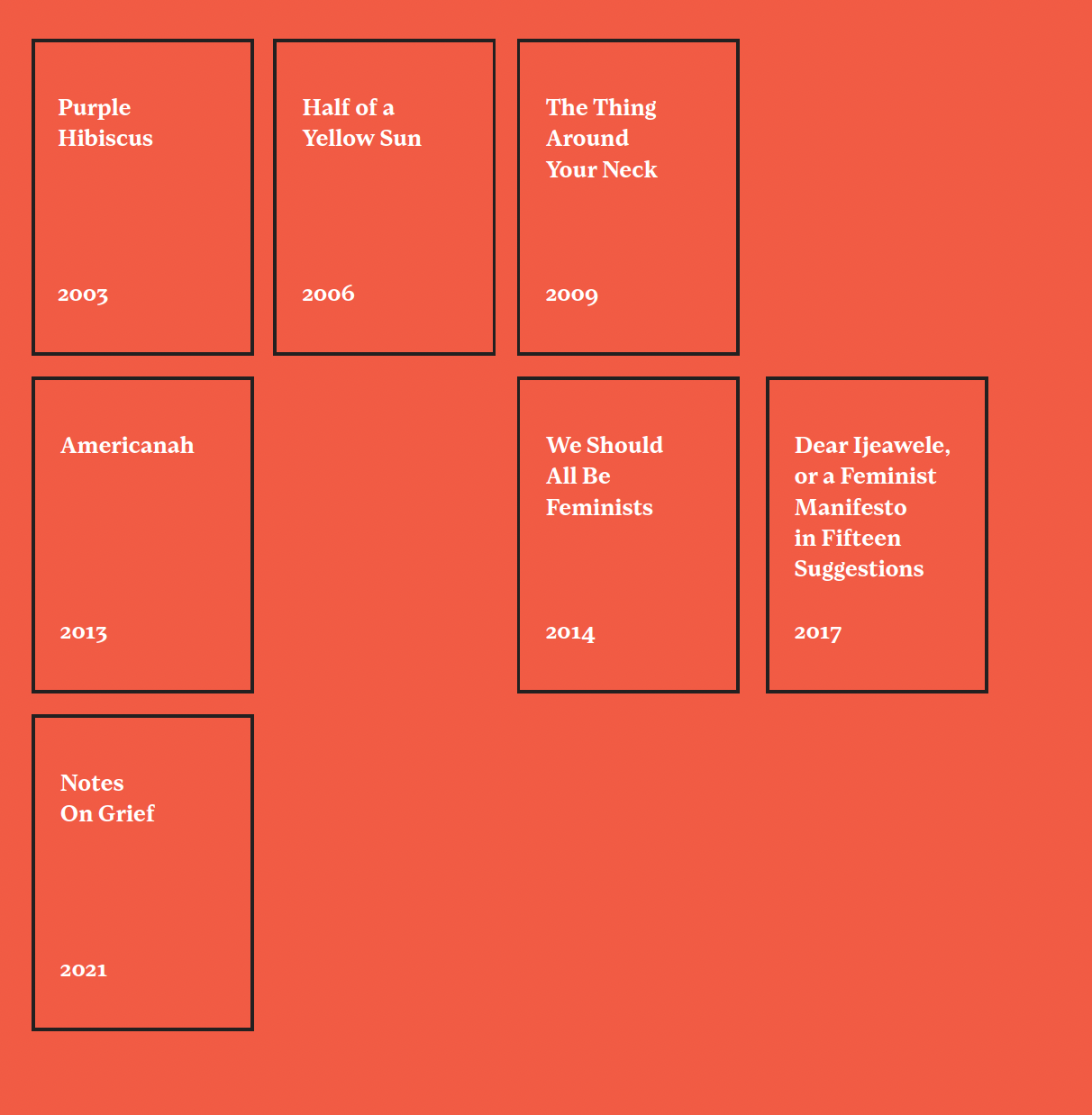

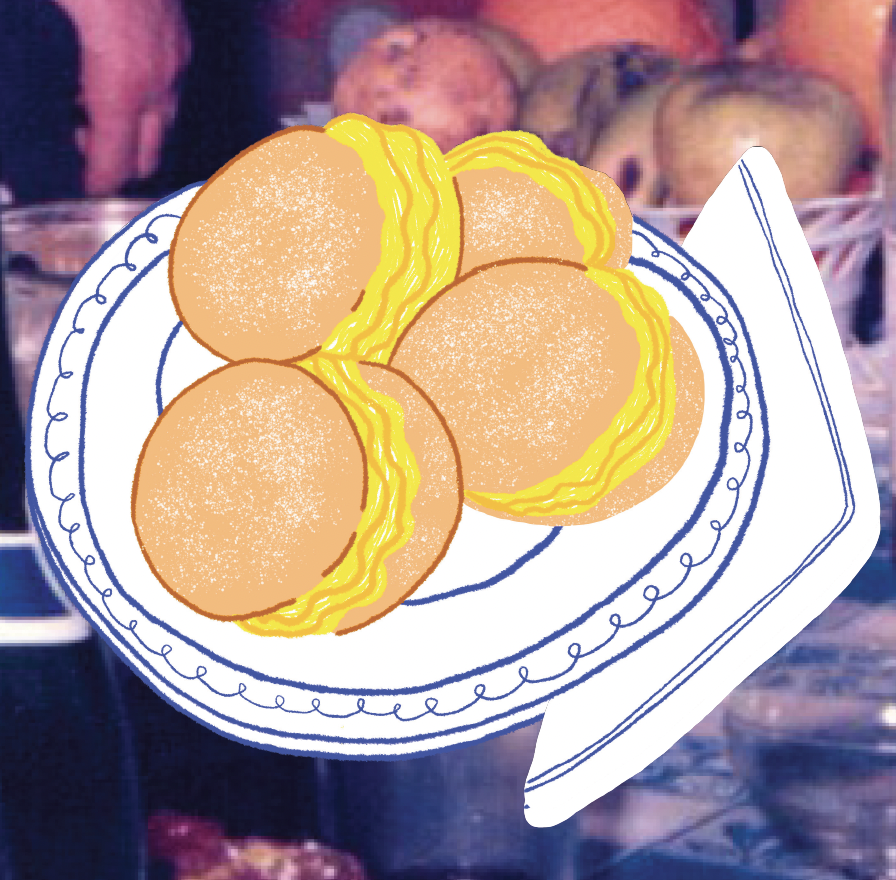
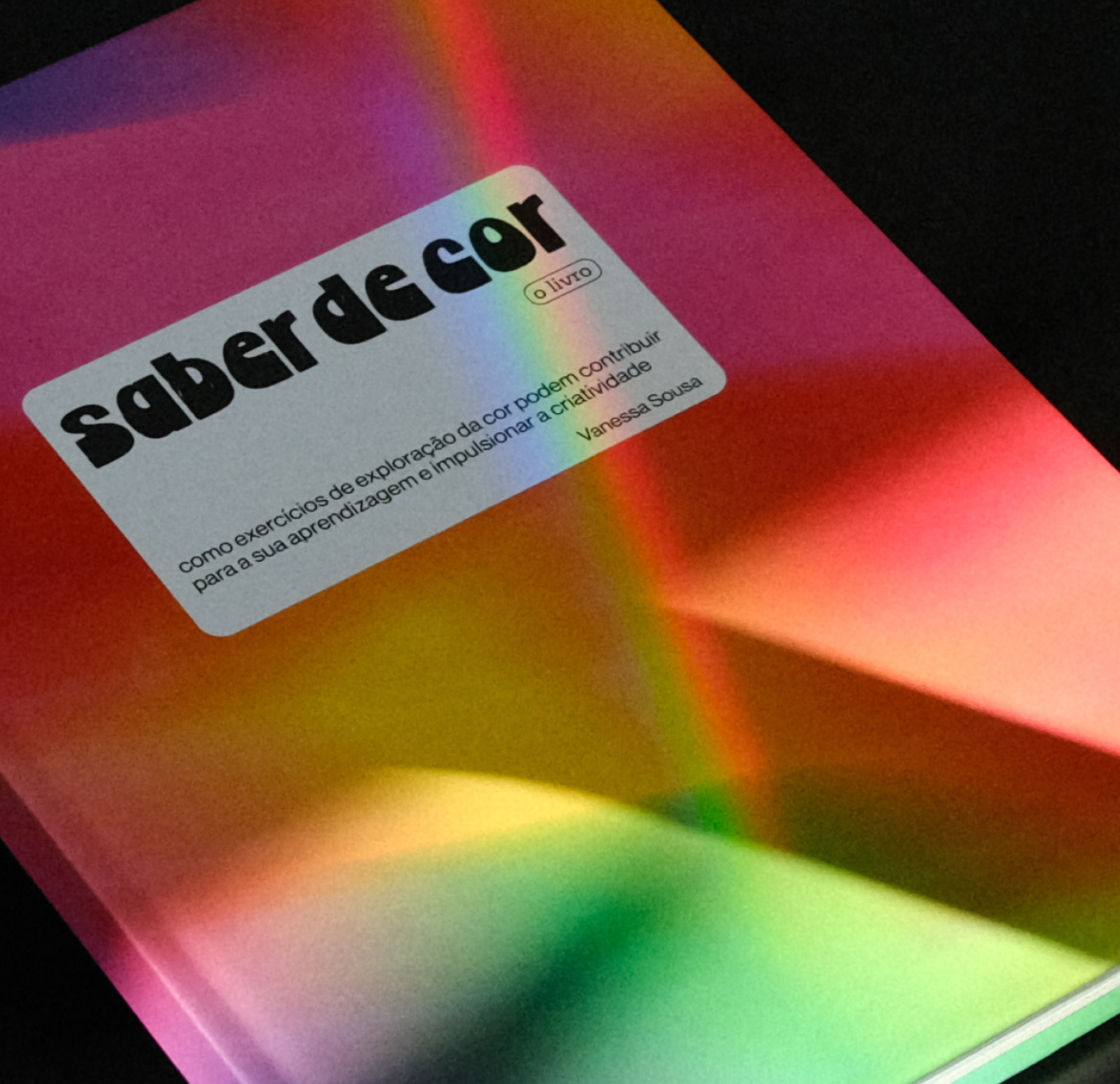
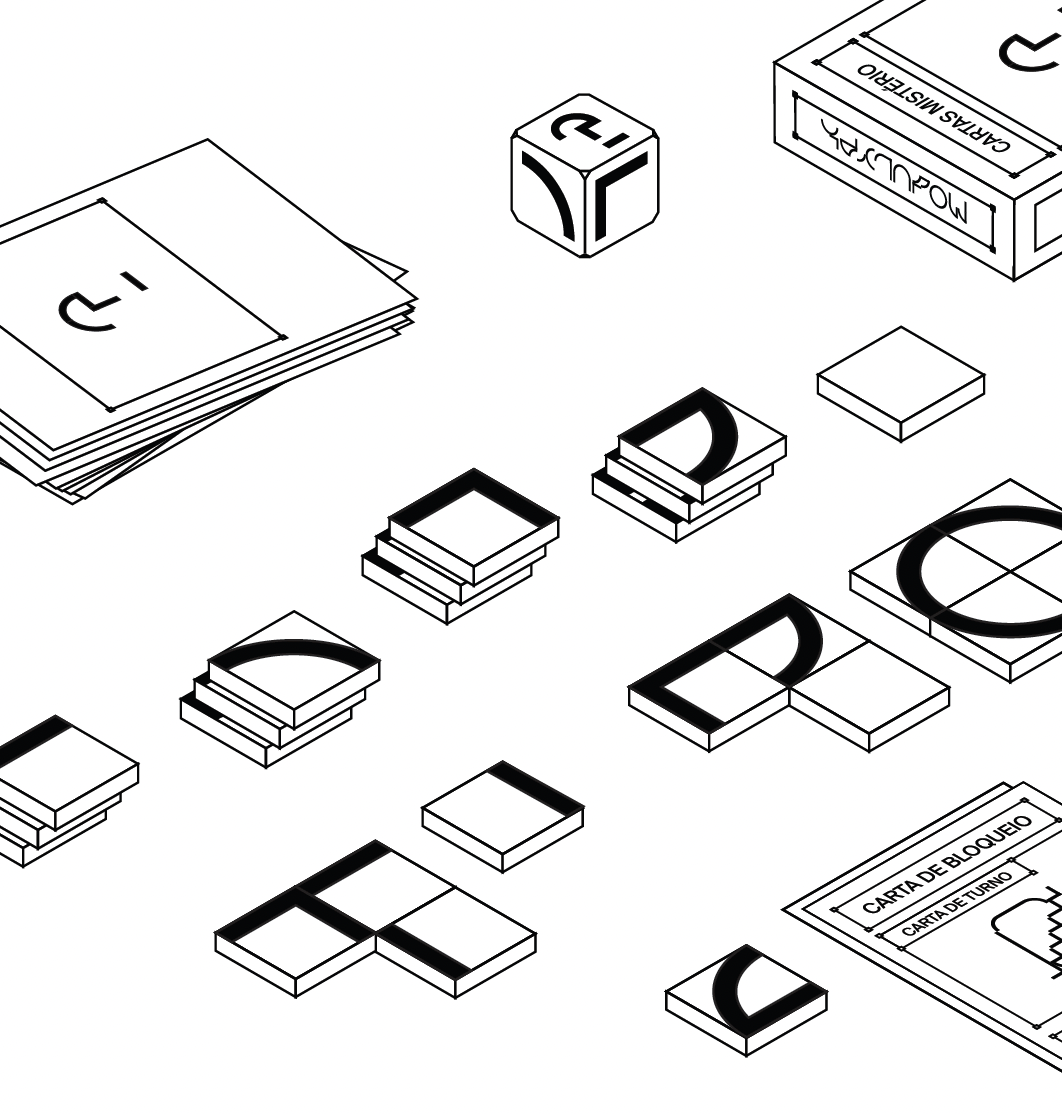
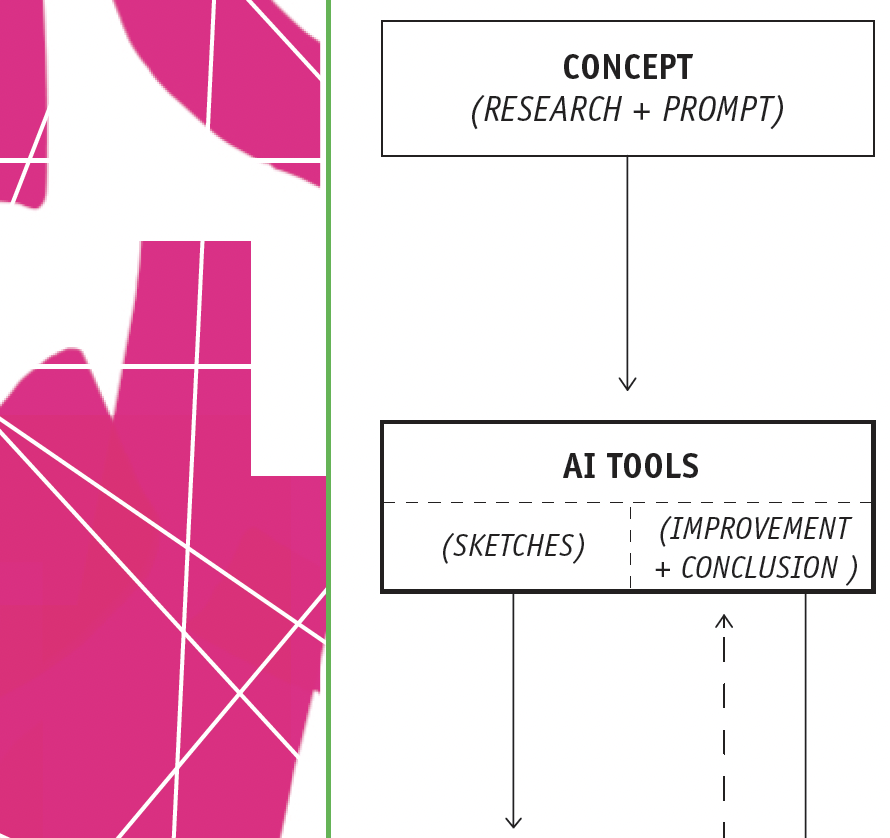
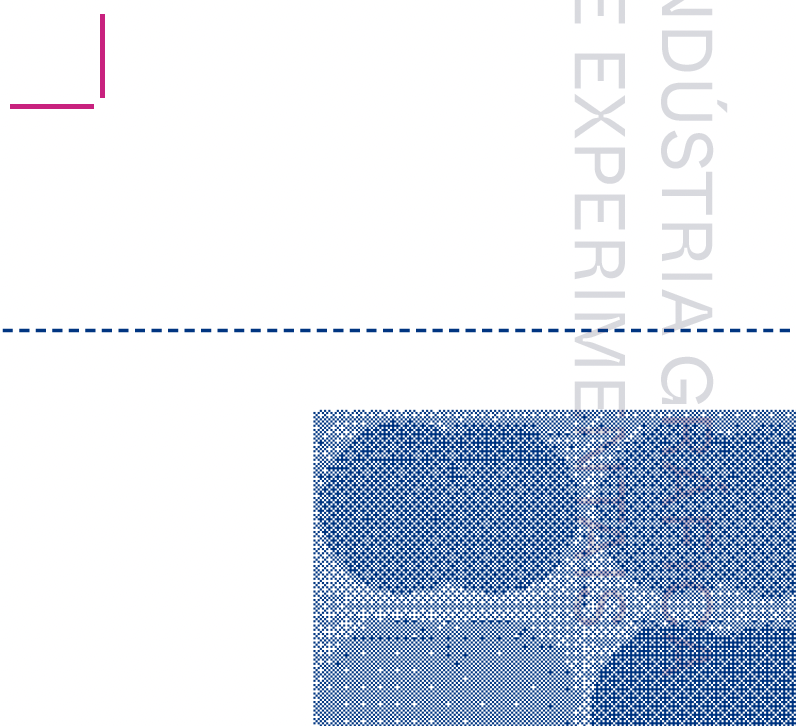
The exhibition’s main goal is to critically reinterpret modern graphic design artifacts to encourage deeper levels of thought than simple contemplation.
Through typography, art, critical essays on ethnography, decolonizing, feminist studies, and visual storytelling, these pieces challenge viewers to investigate the world around them and build a bridge between the past and present.

“Páginas Mestras” promises to take you on an amazing journey through the world of contemporary graphic design, through the lens of emerging design masters, regardless of your preference for specific graphics or your general curiosity about how design will impact society’s future.
“Páginas Mestras” can be visited from October 2, until October 9, 2024 at FBAUP’s Museum, or at https://mdgpe.fba.up.pt (from October 3).
Featured in the exhibition are 23 Books and 4 Project Posters from 1st-year students. And 13 Research Project Posters from 2nd-year students.
Participating students:
Ana Armada, Ana Leite, Ana Paula Hentges, Ana Pimenta, Anastasiia Zavalniuk, Andreza Teramoto, Aurelia Ferreira, Beatriz Martinez, Bernardo Xavier, Bruna Sousa, Catarina Ferreira, Christine Andres, Cristiana Braz, Daniel de Sousa, Eunice Bastos, Filipa Moreira, Francisca Fradinho, Francisca Rebelo, Gabriela Rezende, Joana Alves, Joana Moreira, Joana Teixeira, Laura Mineiro, Leonor Aguiar, Leonor Ribeiro, Mafalda Ribeiro, Maria Ribeiro, Mariana Costa, Matheus Coscia, Melissa Gaviria Henao, Pedro Nuno Gil Monteiro, Rita Melo, Rita Vieira, Sara Tavares, Sérgio Brito, Tiago Rego, Vanessa Sousa
Organized by: Graphic Assembly*, Master in Graphic Design and Editorial Projects (MGDEP)
*The Graphic Assembly is composed of students Catarina Ferreira, Eunice Bastos, Francisca Rebelo, Joana Alves, Leonor Aguiar, Ricardo Figueiredo, Rita Melo, and Vanessa Souza. With the support and coordination of the professors Rui Vitorino Santos, Cristina Ferreira, and Pedro Amado.
